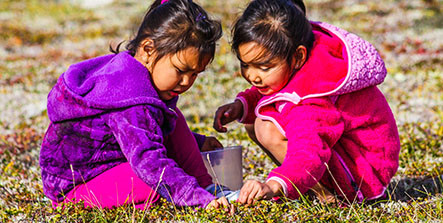FOR IMMEDIATE RELEASE
May 15, 2023
Contact: Alexis Erikson, Public Relations Specialist
Phone: 907-443-9674
Nome, Alaska – On Thursday, May 11, Norton Sound Health Corporation Board of Directors voted to suspend the mandatory COVID-19 mask mandate. Mandatory masking is no longer required in all NSHC facilities.
Masks will still be available upon entry to any NSHC facility. NSHC does encourage the following people to mask:
- If you are sick with a respiratory illness
- If you are high-risk
- Anyone who feels more comfortable wearing a mask
On Friday, May 5, the World Health Organization declared the end of its global public health emergency, which was first issued on Jan. 30, 2020.
Along with the end of the emergency declaration comes some changes, but some things will continue for at least the foreseeable future. Here are some things to note:
- NSHC will continue to provide COVID-19 vaccinations at no out-of-pocket cost.
- NSHC will continue to provide COVID-19 testing at no out-of-pocket cost for the short-term future. NSHC will share additional information if any changes are made.
- At-home COVID-19 test kits will remain available to the public while supplies last, with pick-up during regular hours at the Nome Public Health Center at 207 West 6h Ave.
Like national trends, NSHC has seen a significant decline in cases in the last several months. Thanks to the efforts of tribal and community leaders and residents over the last three years, the Bering Strait region had one of the highest vaccination and testing rates in Alaska and one of the lowest death rates. Outreach efforts aimed to share a transparent picture of how NSHC’s COVID-19 response was going and how it could improve.
NSHC encourages the public to remember the lessons learned throughout the pandemic. If you are feeling sick, stay home. Continue to follow isolation guidelines to prevent the spread of unwanted illnesses. Wash hands, especially at mealtimes and after encountering highly trafficked areas.
The virus that causes COVID-19 will continue to appear in the region, much like the flu virus, and residents can expect to see it pop up in their communities at times. And much like with influenza, residents can keep up to date on vaccinations to best protect themselves and their families from the brunt of the effects.


